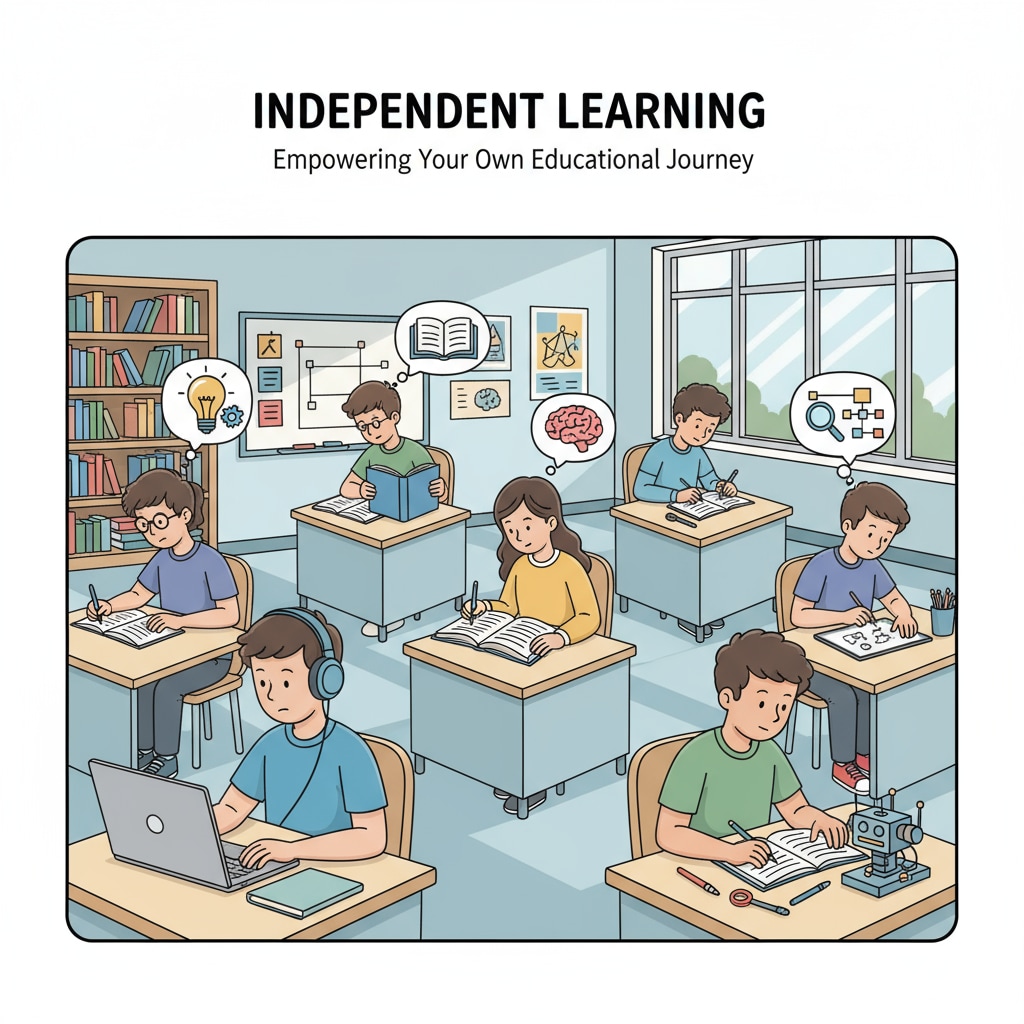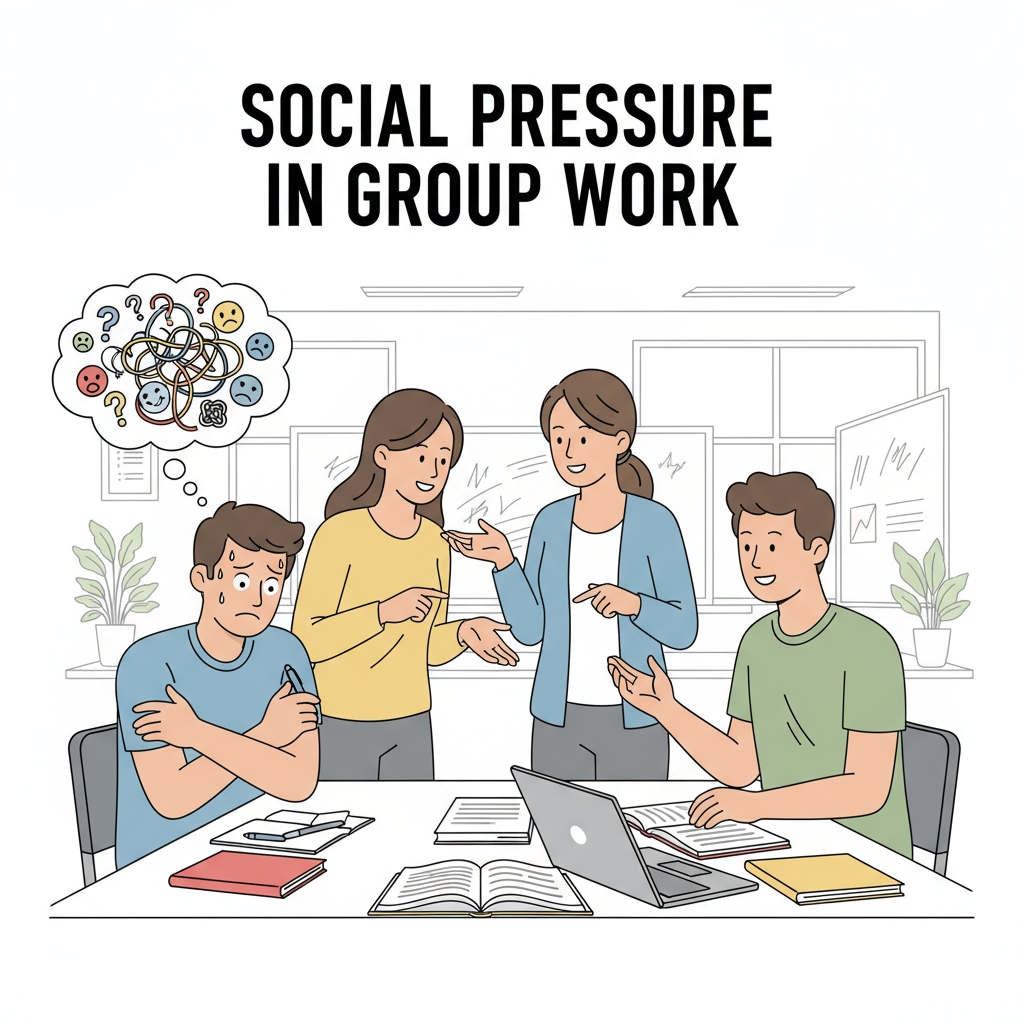In the realm of K12 education, the issues of learning independence, social pressure, and depression often intersect in complex ways. Students with a preference for solitary study sometimes find themselves at odds with teachers who advocate for more social interaction. This conflict can have profound implications for students’ mental health and academic performance.

The Solitary Learner’s World
Some students thrive in an environment of learning independence. They enjoy the quiet concentration that comes with studying alone. For these students, the process of self-discovery and absorption of knowledge is a deeply personal one. According to Psychology Today’s research on learning styles, independent learners often have high levels of self-motivation and can set their own pace. However, when teachers force them into social activities, it can create significant social pressure.

The Impact of Social Pressure
Social pressure stemming from teachers’ push for interaction can be detrimental. For instance, students who are not naturally sociable may feel overwhelmed. This constant pressure to engage socially can lead to feelings of anxiety and, in severe cases, depression. As Mayo Clinic’s research on depression indicates, excessive stress from social situations can trigger depressive symptoms. These students might start to avoid school or show a decline in academic performance.
To address this conflict, educators need to respect individual differences. By understanding each student’s unique learning style, teachers can create an inclusive learning environment. This could involve providing a balance of independent study time and group activities. For example, teachers can design projects where students have the option to work alone or in groups, allowing them to choose the mode that suits them best.
Readability guidance: In this article, we’ve explored the conflict between students’ preference for learning independence and the social pressure imposed by teachers. By recognizing the signs of depression due to social pressure and taking steps to create an inclusive environment, educators can better support all students. We’ve used short paragraphs and presented key points clearly to enhance readability, with a balance of active voice and appropriate transition words.


